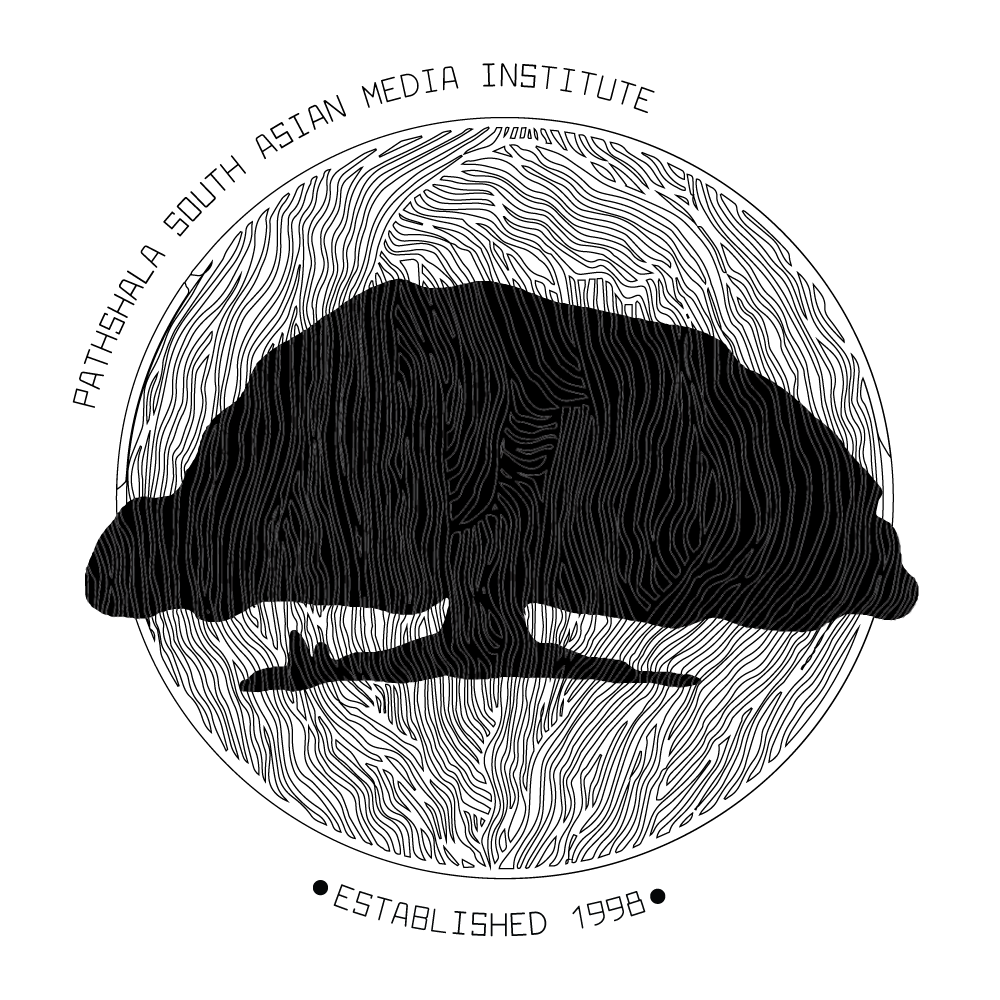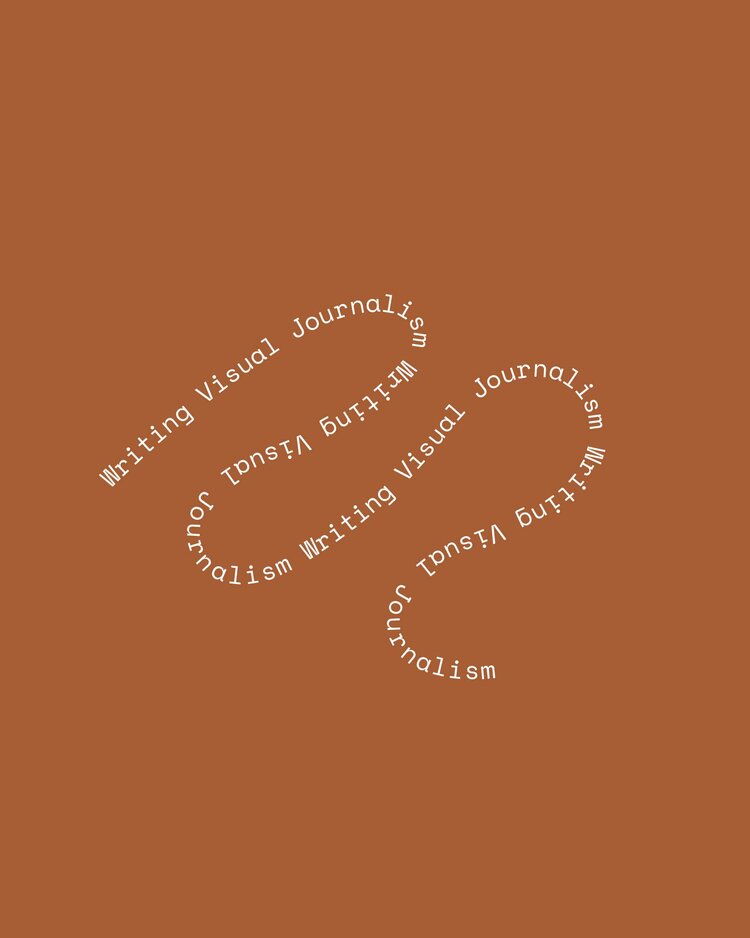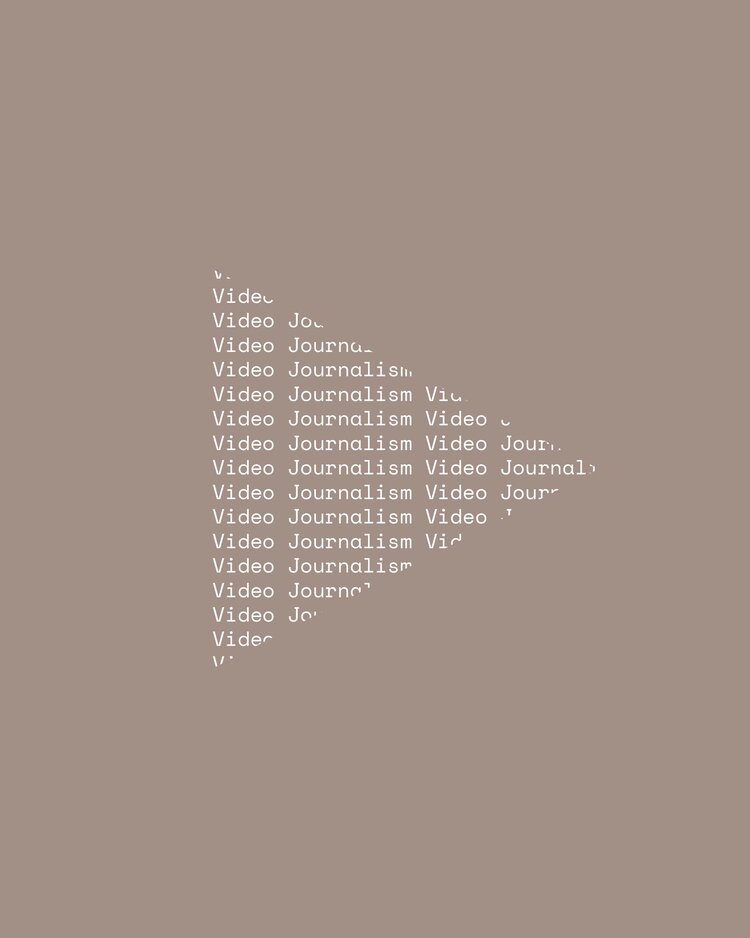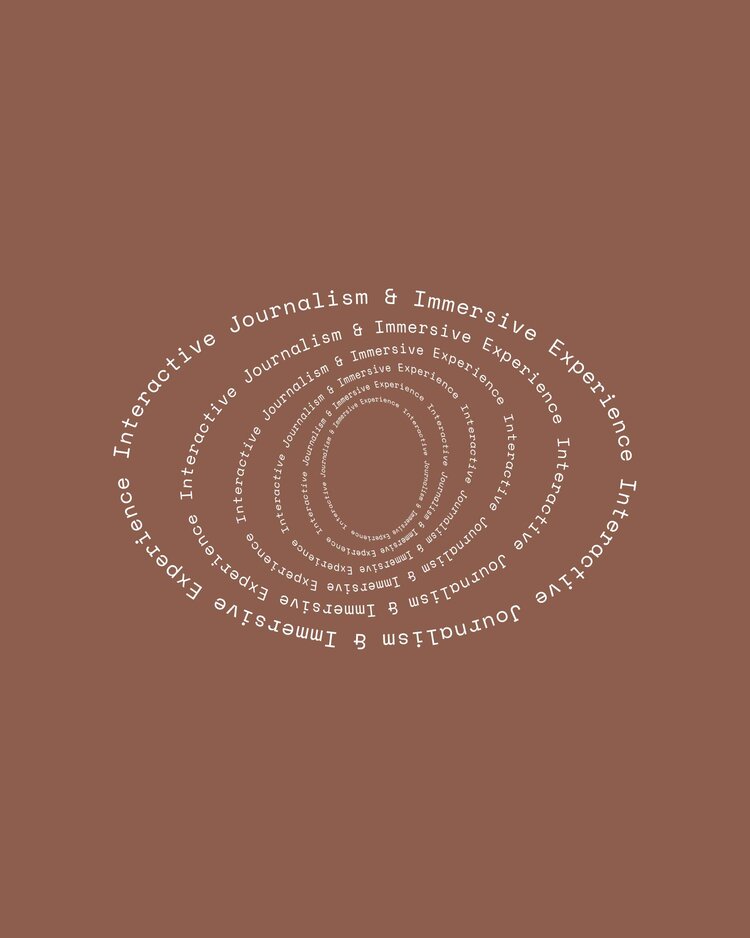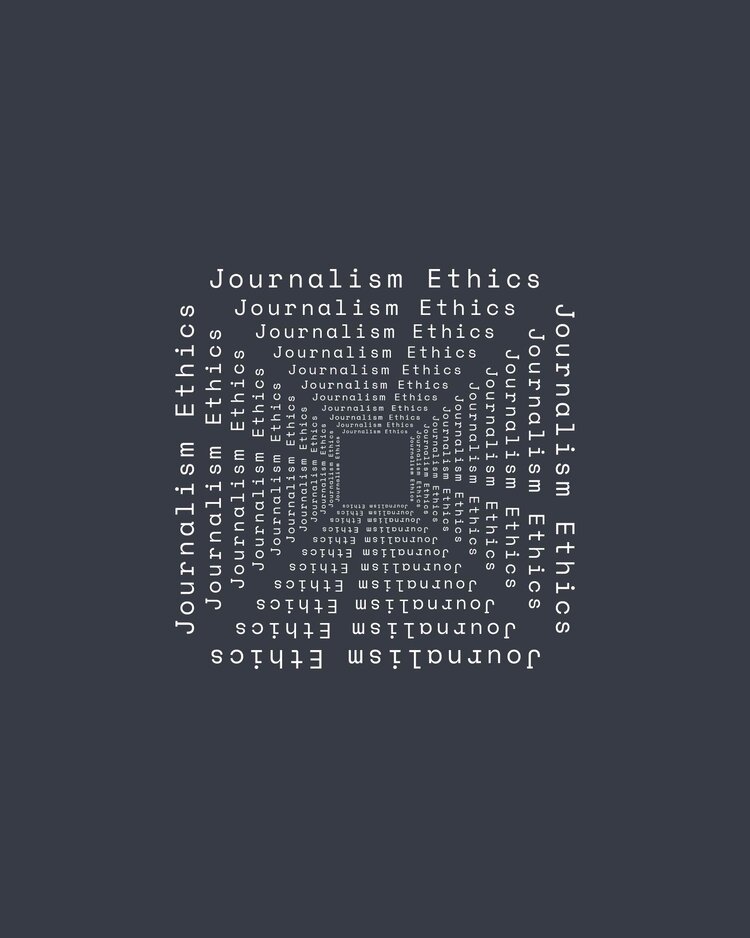
Immersive Media and Online Journalism
The resource would have sections on:
- Writing visual Journalism
- Photojournalism
- Video journalism
- Interactive journalism & immersive experience
- Journalism ethics
- Investigative journalism and safety guidelines
WHY?
In light of the current media environment, Pathshala aims at providing support to journalists through shared learning and training on how to remain effective in times of crisis without compromising their safety, investigative research or the story they want to tell. While the primary emphasis will be on knowledge building and sharing video resources, as in creating a safety guideline for journalist communityPathshala’s open access events, seminars and public intervention programmes will engage journalism students to learn about the technical and critical aspects in the development of media reportage, interactive journalism, active citizenship and social justice, and prepare to adapt the convergence of citizen reporting in the professional realm.
Each section would comprise six to eight short videos by lead teachers from Pathshala with an expert from Asian region where they work across multiple formats of current practice and includes the workflow of one or more real assignments. Most importantly Pathshala want to insure there is action within the teaching to help inspire and demonstrate the techniques being discussed.
The teaching would be enquiry based, starting with a short video that sets the question and demonstrates any techniques that are going to be explored. This is followed by a practical exercise that students following the class are expected to engage in.
COURSES
1. Writing visual Journalism
An introduction to the concepts and techniques of writing for visual journalism in the contemporary world, this course offers foundational instruction on organizing writing for visual communication while critically exploring the idea of writing in relation to visual and other modes of journalism. This course also provides an introductory framework on multimodal representations in digital media by studying selected works of influential and emerging visual journalists.
COURSE DETAIL
2. Photojournalism
Photojournalism course is designed to introduce students to the basic principles of photography and to provide them with opportunities to apply those skills to the more specific practice of journalistic photography. The lectures will address on relevant topics from camera operation to caption writing, file management, coverage news, feature, spot news coverage, coverage on disaster, copyright, ethics, storytelling finally our goal is to making a Portfolio.
COURSE DETAIL
3. Video journalism
This course will provide fundamental knowledge about video journalism and videography techniques. The lecture will cover the videography, sound and lighting techniques. Students will be guided through online learning environment and will be trained in the way of storytelling with the language of audio visual.
COURSE DETAIL
4. Interactive journalism & immersive experience
The photojournalist of today has to adapt to a dramatically altered media landscape. This course combines the still relevant core principles of the medium through hands on examples. It also introduces the possibilities of the new digital technology. It explores how photojournalism can be applied to real life situations, breaking free of the trappings of conventional publishing and distribution mechanism.
COURSE DETAIL
5. Journalism ethics
To maintain the integrity of journalistic works there are globally acknowledged guiding principles and code of ethics that govern the conduct of journalists at work. These codes generally revolve around the following concerns: truthfulness, independence, and minimize harm. Lately, the questions of transparency and community have also been added to the list. While the course begins with introducing these codes and ethical frameworks, it is not focused on telling right from wrong, rather aims at providing students with conceptual tools and past examples so they are better prepared to make the difficult ethical decision on the ground. In so doing, the course also discusses the structural conditions — corporate, governmental and editorial interest — that influence, often constrain journalistic work and visual integrity.
COURSE DETAIL
6. Investigative journalism & safety guidelines
This course will focus defining the practices of Investigative journalism, Significance & Objectives of investigative Journalism, Relation with photo journalism.
COURSE DETAIL
MEET THE TUTORS
SUPPORTED BY

NEED TO KNOW MORE
+8802 9115044 / +880 1795 094 271pathshala.office@gmail.com
facebook.com/PathshalaSouthAsianMediaInstitute
